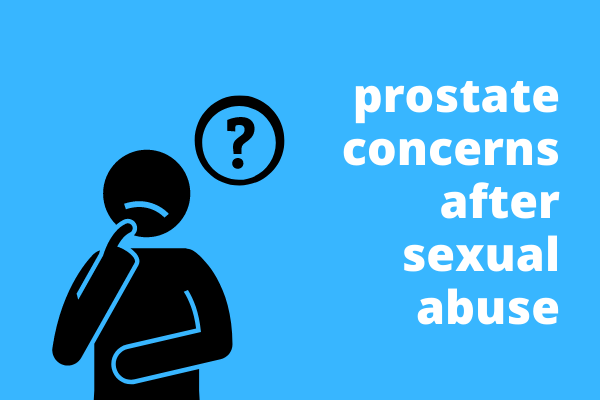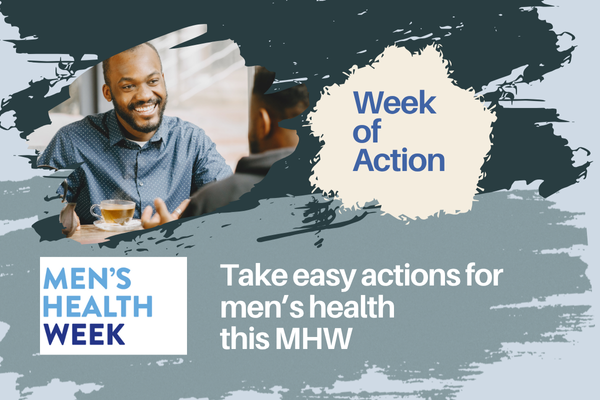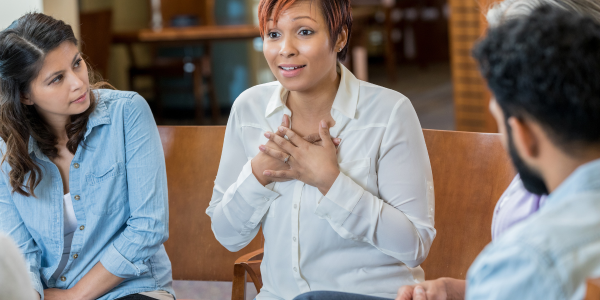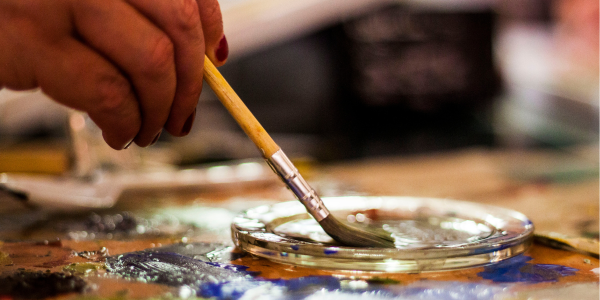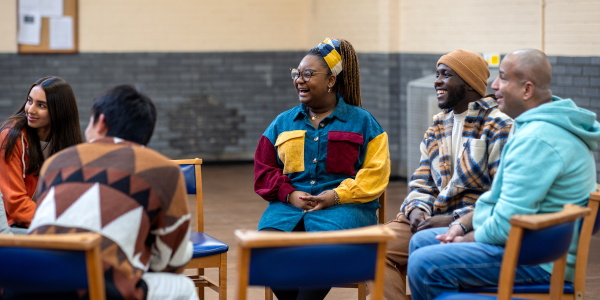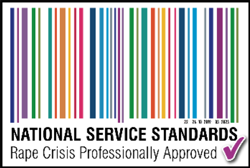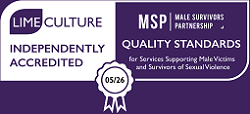Peer Support
Supporting each other in a safe space

Peer Support
The power of peer support lies in connecting people with shared experiences.
Peers can often relate to each other in a way that friends and family might struggle to. We can encourage each other, share knowledge, and offer emotional support.
Peer support groups can lessen feelings of isolation. We can take part in activities, share experiences, and develop skills in a safe and supportive space. Together we can take control of our on-going recovery and wellbeing. This helps us feel stronger and more confident in ourselves.
How do I get involved?
There are two main ways you can be involved with Peer Support. You can attend peer support groups where survivors can come together and share in activities. Or you might want to take a more active role by training to become a Peer Support Volunteer. We are also happy to hear from people who want to help shape the service, by providing feedback, suggestions or helping with promotional items.
Peer Support Groups
Peer support groups enable survivors to move forwards with their lives through social connection in a safe and supportive space.
Members will listen to each other and will help to decide what activities they will do. This might include self-care, like practising grounding techniques or trying different well-being practices. We can also learn and practice new skills, like confidence-building, healthy eating, CV writing, interview techniques and so on.
A key value of peer support is our mutual understanding of shared experiences. We know this also has the potential to be distressing. Groups are supported by a qualified psychotherapist, who can offer additional support on an individual basis if required.
Groups are confidential. Members will agree that everything that is shared in the group remains in the group.
Peer Support Volunteers
The aim is for our groups to be peer led, empowering survivors to take charge of their recovery. If you have come through our services and want to be more actively involved in shaping and leading peer-support groups, volunteering might be for you.
The role will include listening to peer suggestions and helping them make choices. They might also gather resources, plan and lead groups. The aim is to meet survivor needs as they step away from formal support.
All volunteers will be given free training, which lasts for 10 weeks. This will look at leading a group, planning sessions, safety and wellbeing. Staff will be present in group sessions, making it a safe space to develop your confidence and skills.
Peer Support Volunteers will be supported by a qualified psychotherapist. They will support you to run and develop the service. All volunteers will have a personal and personal development plan as well as access to supervision and training for on-going support.
How to find out more
If you are interested in joining a peer support group, shaping the service or becoming a volunteer, why not get in touch using our online form.
 News, Briefings & Reports
News, Briefings & Reports

